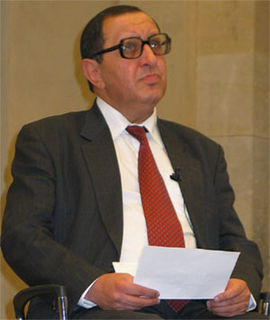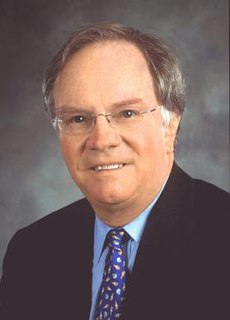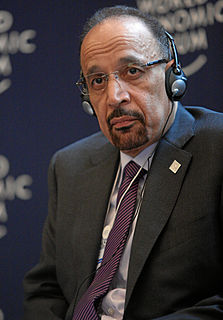A Quote by Fareed Zakaria
Street protests in Saudi Arabia might warm our hearts, but they could easily lead to $250 a barrel oil and a global recession.
Related Quotes
I saw a report yesterday. There’s so much oil, all over the world, they don’t know where to dump it. And Saudi Arabia says, "Oh, there’s too much oil." They -- they came back yesterday. Did you see the report? They want to reduce oil production. Do you think they’re our friends? They’re not our friends.
Saudi Arabian oil production is at or very near its peak sustainable volume (if it did not, in fact peak almost 25 years ago), and is likely to go into decline in the very foreseeable future. There is only a small probability that Saudi Arabia will ever deliver the quantities of petroleum that are assigned to it in all the major forecasts of world oil production and consumption.
































